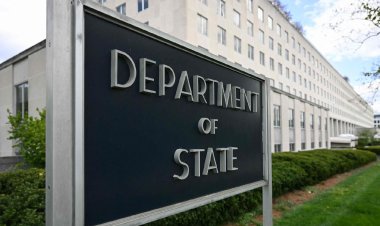George Santos’ father and aunt backed his bail bond, court papers show
A federal court released the names of his so-called sureties after rejecting Santos’ bid to keep them secret.


NEW YORK — Two of Rep. George Santos’ family members guaranteed the bail bond on which the indicted congressman was released last month, according to court papers filed Thursday despite Santos’ bid to keep their identities private.
The first-term Republican’s father, Gercino dos Santos, and his aunt, Elma Preven, were disclosed as the individuals, known as sureties, who guaranteed the $500,000 bond, meaning they would be legally responsible for the money if Santos were to flee.
Santos pleaded not guilty in May to 13 federal counts of wire fraud, money laundering, theft of public funds and other charges.
He had taken numerous steps to try to keep his sureties' names private. When the sureties appeared in court, Santos’s lawyers moved to redact the sureties’ names and seal the proceedings.
A magistrate judge subsequently ruled that the sureties’ identities should be made public after a group of news organizations requested the release of their names.
Santos appealed that ruling, arguing that publicly identifying the sureties would subject them to harassment and intimidation. His lawyer, Joseph Murray, wrote that three people had initially offered to guarantee his client’s bond, but that in the wake of the “media frenzy” surrounding Santos’ indictment, one of the three “had a change of heart and backed out.”
Santos’ lawyer also told the court that his client was willing to go to jail to protect their privacy, a step that could have occurred if Santos’ father and aunt had withdrawn as sureties and the congressman had been unable to find replacements.
It’s unclear why Santos went to such lengths to protect the disclosure of his father and aunt as having secured his bond. His lawyer had previously said that Santos had been the target of attacks that are “extremely angry, anti-gay, anti-Republican and all around anti-social,” and argued that his sureties, if publicly named, would be vulnerable to similar behavior.












